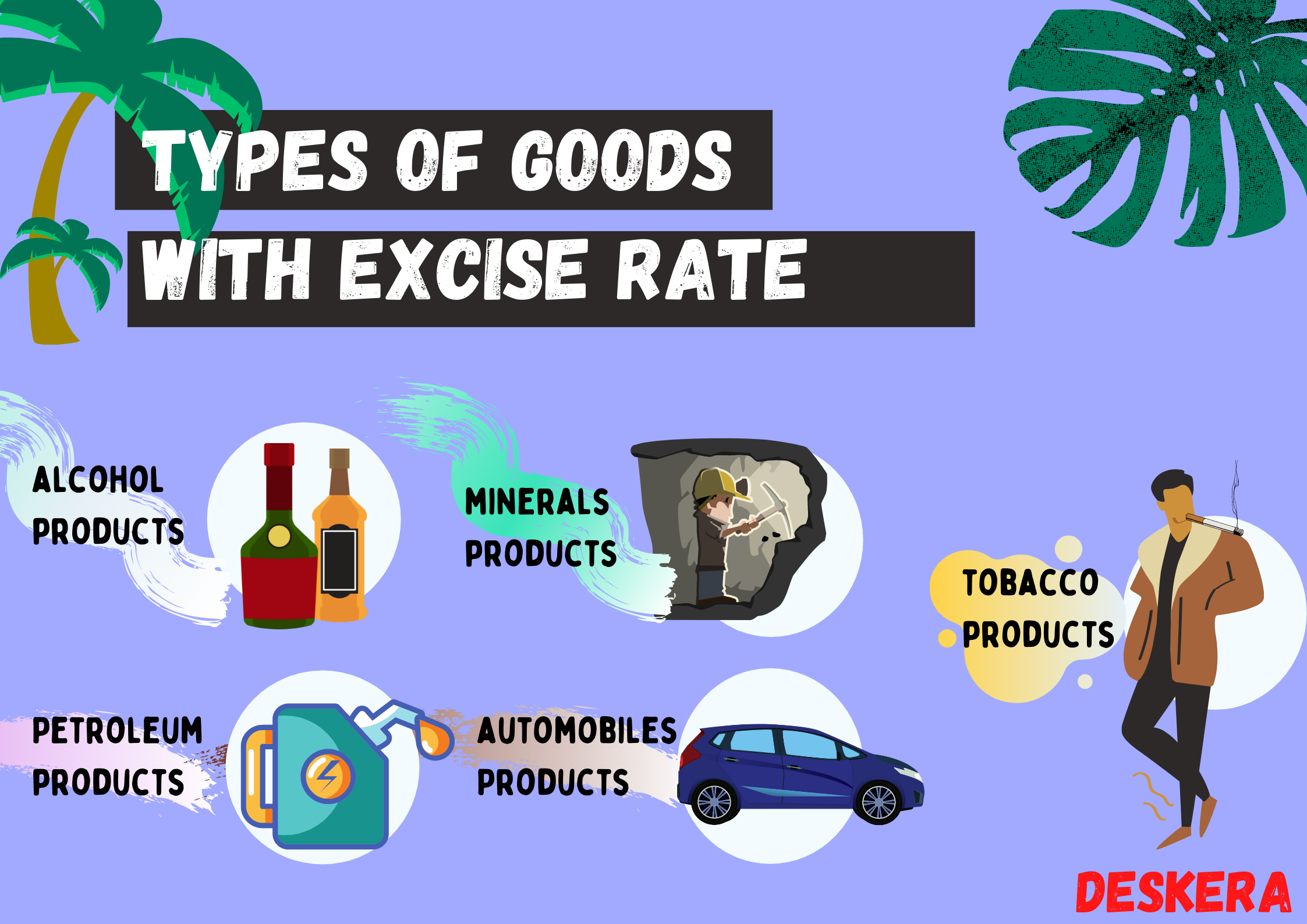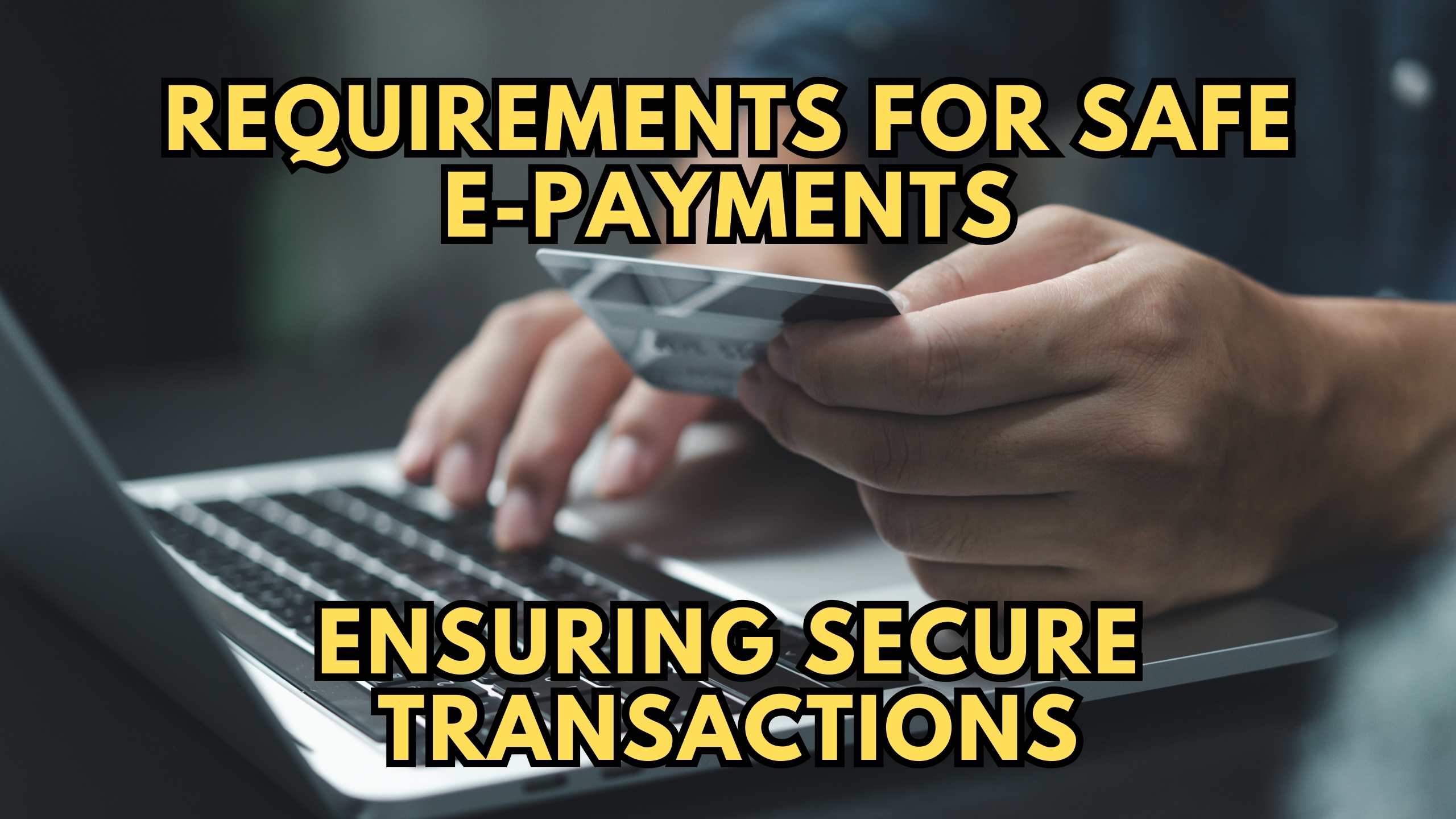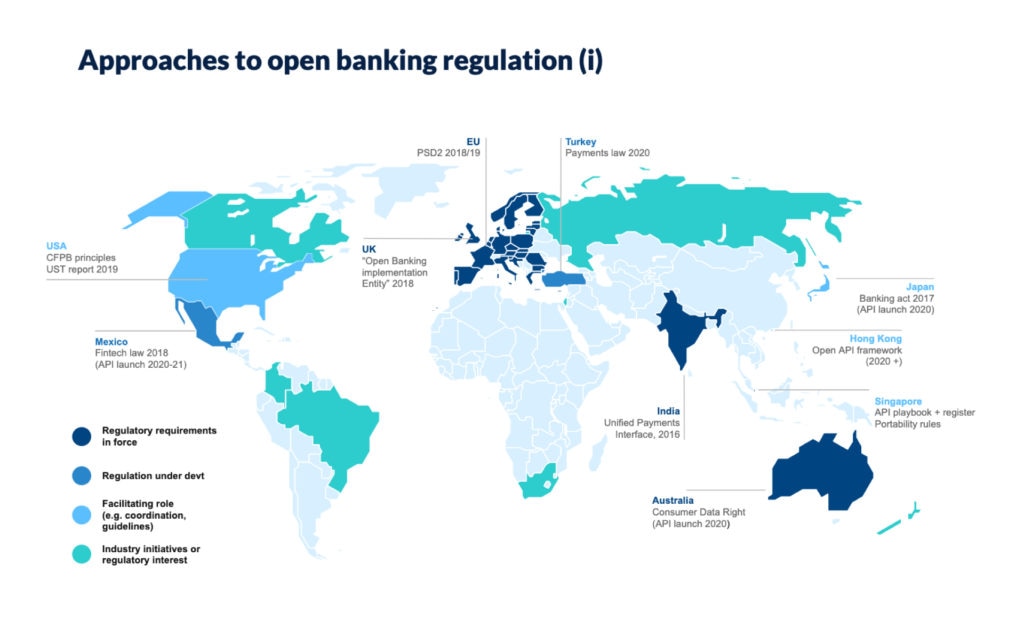
Understanding Excise Taxes on Specific Goods: A Beginner’s Guide
Ever wonder why some products seem to carry an extra, hidden cost? You might be familiar with sales tax, which is added at the register, or income tax, which comes out of your paycheck. But what about those other, less obvious taxes that are already baked into the price of certain goods? Welcome to the world of excise taxes.
These special taxes play a significant role in how governments raise revenue and influence consumer behavior. For beginners, the concept can seem a bit opaque, but by the end of this comprehensive guide, you’ll have a crystal-clear understanding of what excise taxes are, why they exist, and how they impact your wallet.
What Exactly is an Excise Tax?
An excise tax is a tax imposed on the manufacture, sale, or use of specific types of goods or services. Unlike a general sales tax, which applies to a broad range of products, an excise tax is highly targeted. Think of it as a special surcharge applied to particular items, often before they even reach the store shelf.
Here’s how they typically differ from other common taxes:
- Sales Tax: Levied as a percentage of the retail price at the point of sale. It’s visible to the consumer on their receipt.
- Income Tax: Levied on an individual’s or company’s earnings.
- Property Tax: Levied on real estate.
Key Characteristics of Excise Taxes:
- Targeted: Applied only to specific goods or services.
- Often "Hidden": The tax is usually included in the product’s price, so consumers don’t see it as a separate line item like sales tax. Manufacturers or importers pay the tax directly to the government, and then factor it into the wholesale and retail price.
- Can Be Flat or Percentage-Based: Some excise taxes are a flat fee per unit (e.g., a certain amount per gallon of gas or per pack of cigarettes), while others are a percentage of the item’s value.
Why Do Governments Levy Excise Taxes? The Core Reasons
Governments don’t just pick products at random to tax. There are specific, strategic reasons behind imposing excise taxes:
-
Raising Revenue:
- This is the most straightforward reason. Excise taxes can be a significant source of income for federal, state, and local governments, helping to fund public services like roads, schools, and healthcare.
-
Influencing Behavior (The "Sin Tax" & "Green Tax" Concept):
- Discouraging Consumption: Often referred to as "sin taxes," these are levied on goods considered harmful to public health or society, such as tobacco and alcohol. The goal is to make these products more expensive, thereby discouraging their use and potentially reducing related societal costs (like healthcare for smoking-related illnesses).
- Promoting Environmental Responsibility: Sometimes called "green taxes" or "eco-taxes," these are placed on products or activities that harm the environment (e.g., gasoline, certain chemicals). The aim is to incentivize more environmentally friendly choices.
-
Benefit Principle (User Fees):
- In some cases, excise taxes are designed to make those who use a particular public service or resource pay for its upkeep. For instance, gasoline taxes often directly fund road construction and maintenance, meaning the people who drive the most (and thus use the roads more) contribute more.
-
Redistribution of Wealth/Luxury Taxes:
- While less common as pure excise taxes today, historically, some excise taxes were applied to luxury goods (like yachts or expensive furs). The idea was to tax the wealthy more, or to tax goods that were considered non-essential.
Common Examples of Goods Subject to Excise Tax
Excise taxes are woven into the fabric of our economy, affecting a surprising number of everyday items. Here are some of the most common categories:
1. Alcohol Products
- What’s taxed: Beer, wine, and distilled spirits (liquor).
- Why: Primarily for revenue generation and as a "sin tax" to discourage excessive consumption due to potential health and societal issues (e.g., drunk driving).
- How it works: Taxes are typically applied per gallon or per proof gallon (for spirits), varying by alcohol content and type. These taxes are levied on brewers, winemakers, and distillers.
2. Tobacco Products
- What’s taxed: Cigarettes, cigars, chewing tobacco, vaping products, and other tobacco-related items.
- Why: A classic "sin tax" aimed at reducing smoking rates due to severe public health concerns (lung cancer, heart disease, etc.). It also generates significant revenue.
- How it works: Often a flat rate per pack of cigarettes or per ounce of other tobacco products. These taxes are collected from manufacturers or importers.
3. Gasoline & Motor Fuels
- What’s taxed: Gasoline, diesel fuel, and sometimes alternative fuels.
- Why: Primarily based on the "benefit principle." These taxes fund the construction and maintenance of roads, bridges, and public transportation infrastructure. They can also act as an environmental tax to discourage excessive fuel consumption.
- How it works: A flat rate per gallon. The tax is typically paid by fuel distributors and then passed on to gas stations and, ultimately, consumers at the pump.
4. Travel & Transportation
- What’s taxed: Airline tickets, cargo transportation, heavy truck use, and sometimes cruise tickets.
- Why: To fund airport infrastructure, air traffic control, and other transportation-related services.
- How it works: Often a percentage of the ticket price or a flat fee per flight segment.
5. Firearms & Ammunition
- What’s taxed: Pistols, revolvers, rifles, shotguns, and ammunition.
- Why: To fund wildlife conservation programs and shooting sports through a dedicated trust fund (in the U.S., this is often linked to the Pittman-Robertson Act).
- How it works: A percentage of the manufacturer’s or importer’s sale price.
6. Certain "Luxury" Items (Historical & Niche)
- While less prevalent as a broad category of excise tax today, some countries or regions might impose excise taxes on specific high-value goods like certain types of jewelry or high-end vehicles. These are generally aimed at generating revenue from those with greater purchasing power.
7. Emerging & Debated Excise Taxes
- Sugar-Sweetened Beverages: Some cities or countries have implemented "soda taxes" to combat obesity and related health issues.
- Cannabis: As more regions legalize cannabis, excise taxes are being used to generate revenue and regulate the market.
- Plastics/Packaging: To encourage recycling and reduce waste.
Who Really Pays the Excise Tax? The "Hidden" Burden
This is where it gets a little tricky for beginners, as excise taxes are often described as "hidden."
- Initial Burden: The tax is typically levied at an early stage in the supply chain. This means the manufacturer, importer, or first seller of the good is responsible for paying the tax directly to the government.
- Ultimate Burden (Tax Incidence): However, these businesses don’t just absorb the cost. They factor the excise tax into the price they charge to wholesalers, who then factor it into the price for retailers, who then factor it into the price for you, the consumer.
In essence, while you don’t directly write a check for the excise tax, you ultimately bear the cost as it’s built into the final price you pay for the product. This is why a pack of cigarettes costs more, or why gasoline has a base price plus an invisible tax component.
The Impact of Excise Taxes: A Ripple Effect
Excise taxes have far-reaching consequences for various stakeholders:
1. Impact on Consumers
- Higher Prices: The most direct effect is an increase in the cost of goods subject to the tax.
- Changes in Consumption: For "sin taxes," the higher price is intended to reduce consumption. This works to varying degrees depending on how essential the good is and how sensitive consumers are to price changes (economists call this "elasticity of demand").
- Regressive Nature: Excise taxes can sometimes be regressive, meaning they disproportionately affect lower-income individuals. If a tax on a common good (like gasoline) is a flat rate, it represents a larger percentage of a lower-income person’s budget than a higher-income person’s.
2. Impact on Businesses
- Compliance Costs: Businesses responsible for collecting and remitting excise taxes face administrative burdens and costs associated with tracking, reporting, and paying these taxes.
- Sales Volume: For products subject to "sin taxes," businesses might see a decrease in sales volume if consumers reduce consumption due to higher prices.
- Competitive Landscape: Differing excise tax rates between states or countries can create competitive advantages or disadvantages for businesses.
- Potential for Black Markets: High excise taxes on certain goods (like tobacco or alcohol) can sometimes incentivize the growth of illegal black markets, where untaxed products are sold at lower prices.
3. Impact on Government
- Revenue Generation: A steady and predictable source of income to fund public services.
- Policy Achievement: Can be an effective tool for achieving public health goals (reducing smoking) or environmental objectives (reducing pollution).
- Budget Stability: Provides a diversified tax base, reducing reliance on just one or two forms of taxation.
Navigating Excise Taxes as a Consumer
As a consumer, understanding excise taxes empowers you to make more informed decisions:
- Be Aware of the "Hidden" Cost: Recognize that the price you pay for items like gasoline, alcohol, and tobacco already includes these taxes.
- Understand the "Why": Knowing the reasons behind excise taxes (e.g., public health, infrastructure funding) can help you appreciate their role, even if you don’t always agree with the specific application.
- Factor Them into Your Budget: If you regularly purchase goods subject to excise taxes, remember that a portion of your spending is going towards these levies.
- Consider Alternatives: If the goal of a "sin tax" is to reduce consumption of a harmful product, consider if reducing your intake or seeking alternatives aligns with your own health or financial goals.
Conclusion: Excise Taxes – More Than Just a Price Tag
Excise taxes are a fascinating and often misunderstood aspect of our economic landscape. Far from being random charges, they are carefully designed tools used by governments to achieve a variety of objectives: from funding essential public services to influencing public health and environmental behavior.
While they may be "hidden" in the final price, understanding what excise taxes are, why they exist, and how they impact specific goods allows you to be a more informed consumer and a more engaged citizen. So, the next time you fill up your tank or buy a taxed beverage, you’ll know there’s more to that price than meets the eye – there’s a complex system of policy, economics, and public welfare at play.
:max_bytes(150000):strip_icc()/Term-Definitions_ExciseTax_V1_CT-b9400e392640438cacee433b84fb89f8.jpg)


Post Comment